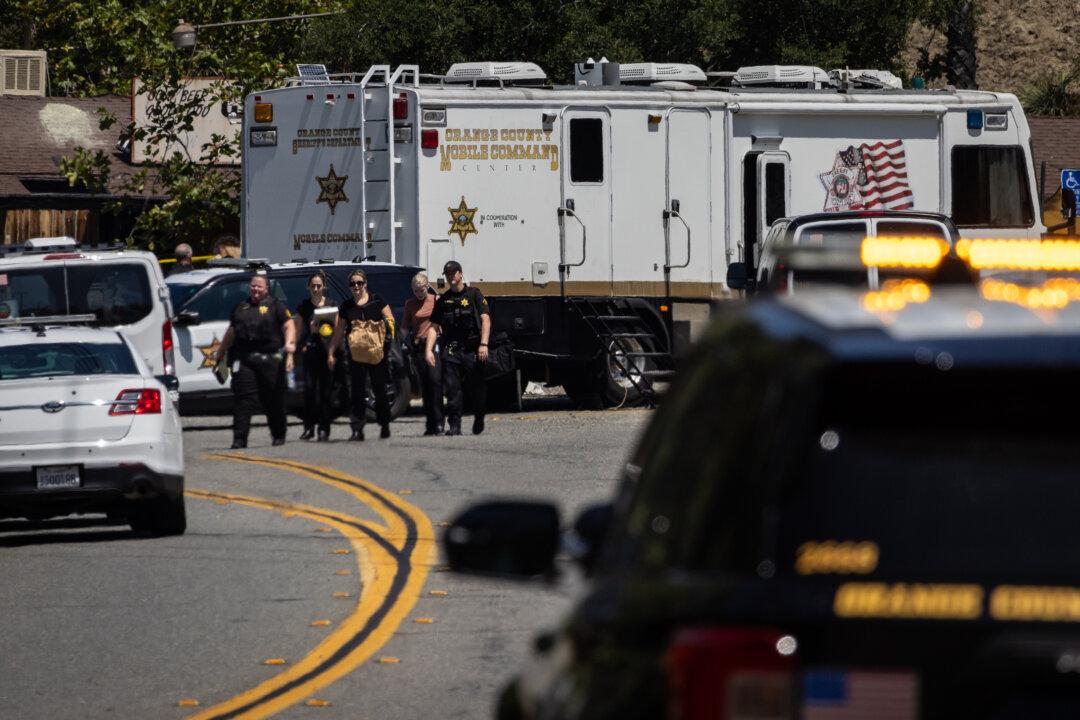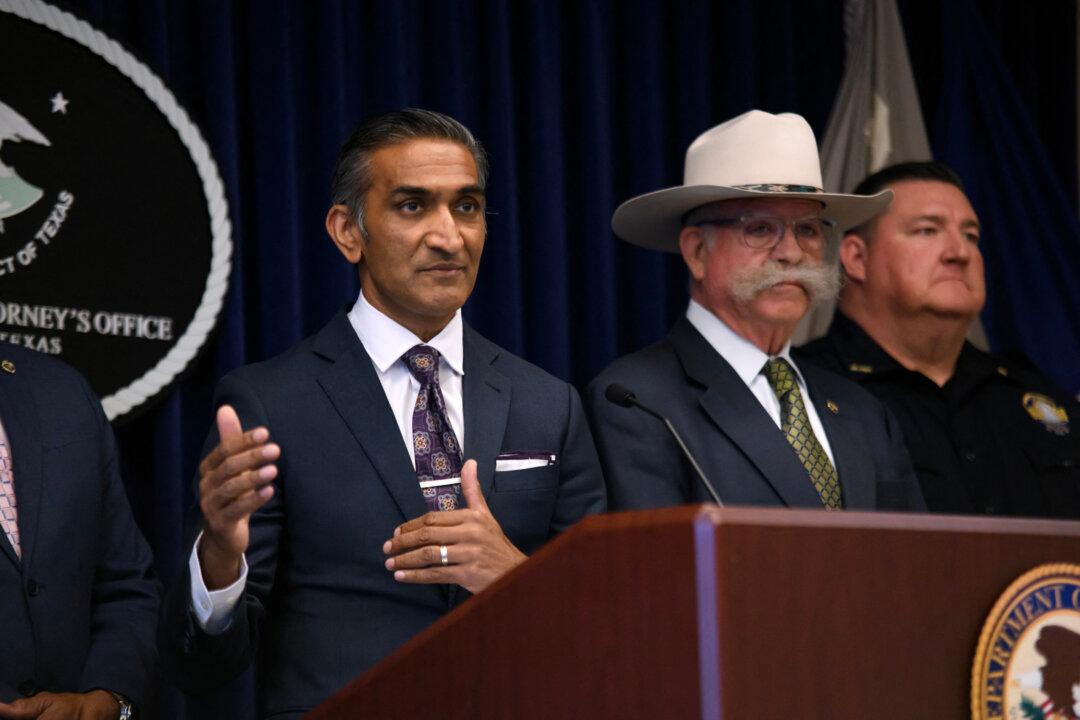A renewed debate over gun control has emerged following another mass shooting, this time in Lewiston, Maine. However, while attention remains focused on firearms, a common thread has emerged linking several high profile shooters to cases of severe mental illness, according to an expert.
Robert Card, the suspected gunman in the Lewiston, Maine, mass shooting that unfolded at a bowling alley and bar, which killed 18 people and injured 13 others, suffered from severe mental health issues, according to law enforcement. The family of Mr. Card had alerted authorities about his deteriorating mental health months before the shooting rampage.





